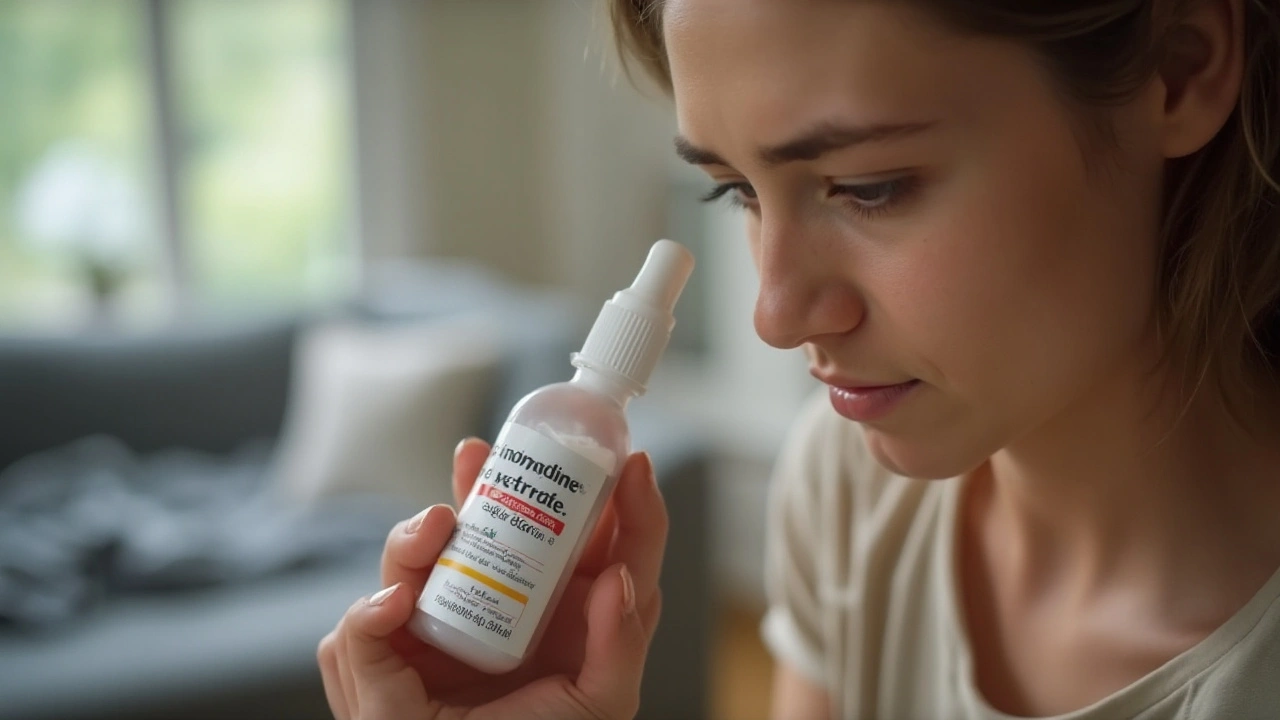Ocular Health: Simple, Practical Ways to Protect Your Eyes
Your eyes do a huge job and rarely get a break. Small habits you do every day either help them or harm them. This guide gives clear, practical steps you can use right now to protect your sight.
Start with sun protection. UV exposure raises the risk of cataracts and can harm the retina over time. Pick sunglasses that block 100% UVA/UVB and consider wraparound styles that stop light at the sides. Use a hat on bright days—sunglasses plus a brim cuts reflected light and lowers glare.
Screens are a modern problem. Staring at phones or monitors makes you blink less, which dries the eyes and causes strain. Use the 20-20-20 rule: every 20 minutes look at something 20 feet away for 20 seconds. Position screens slightly below eye level, reduce glare with matte filters, and try larger text if you squint.
Everyday eye habits that help
Lubrication matters. If your eyes feel gritty or tired, use preservative-free artificial tears a few times a day. Avoid long-term use of redness-relief drops—those can mask problems. For contact lens users, follow the cleaning schedule and replacement timeline exactly. Don’t swim or sleep in lenses unless they’re made for that use.
Simple hygiene prevents infections. Wash hands before touching your eyes or lenses. Replace eye makeup every three months, remove makeup before bed, and never share products. If you get eye irritation from cosmetics, stop using them until you’ve checked with a clinician.
Diet and environment help too. Eat green leafy vegetables for lutein and zeaxanthin, and include omega-3 sources like salmon or flaxseed to reduce dry-eye symptoms. Keep indoor air from getting too dry—use a humidifier in winter or near heaters. Warm compresses and gentle lid cleaning help if you have blepharitis or blocked oil glands; use a clean warm cloth and mild, non-irritating cleanser.
When to see an eye doctor
Regular exams catch trouble early. Most adults should get a full eye exam every 1–2 years; if you have diabetes, high blood pressure, or a family history of eye disease, see your optometrist more often. Seek urgent care for sudden vision loss, flashes of light, a curtain over your vision, severe pain, or sudden double vision—these can be signs of retinal detachment, stroke, or other emergencies.
Medication matters. Some common drugs can cause dry eyes or blurry vision. Tell your eye doctor about all prescriptions and supplements. If you’re thinking about over-the-counter eye supplements, bring the bottle to your appointment so your clinician can advise you.
Small changes add up: wear the right sunglasses, manage screen time, keep good lens and makeup hygiene, eat for eye health, and get regular exams. If something feels off, check it sooner rather than later—catching problems early usually means simpler fixes and better outcomes.

Exploring Brimonidine Tartrate and Its Effects on Dry Eye Syndrome
Delve into the connection between Brimonidine tartrate and dry eye syndrome. This article explains both Brimonidine tartrate and dry eye syndrome, examines potential relationships, and provides practical advice and interesting facts for managing dry eye conditions.
